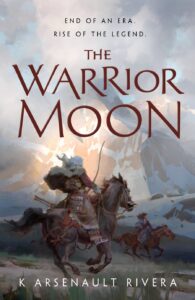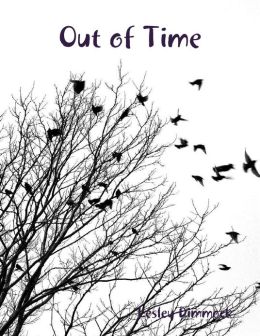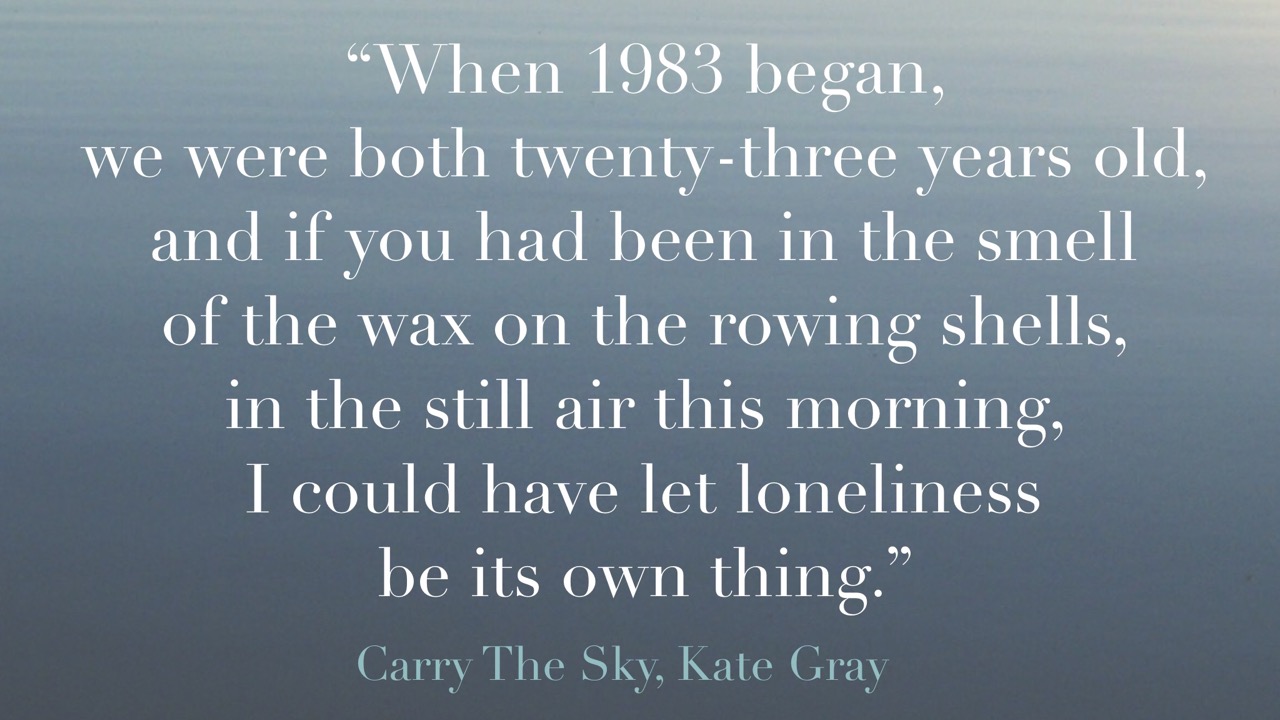Amazon Affiliate Link | Bookshop.org Affiliate Link
If there is one simple truth about writing that is not given nearly enough credit, it is this: endings are hard. It is far easier to begin a story than end one; it is even easier to continue a story than end one. Ending a story means answering any questions that deserve answers, completing any character or narrative arcs yet unfinished, and bringing the story to a definitive and satisfying conclusion. A good ending feels worthy of the time and effort the story took to reach it; a fantastic ending elevates what came before to new heights once the reader can view the complete work in its entirety.
But even putting quality aside, I believe that what makes endings so uniquely hard to write is that all endings (if true endings they really are) require the author to stop writing and finally let their work stand on its own. To end a story, the author must put down the pen and say, “It is finished. There’s no more—this is all there is. This is the story that I wanted to tell.”
K Arsenault Rivera’s The Warrior Moon is the last book in her Ascendent trilogy, finishing the story began in The Tiger’s Daughter and continued in The Phoenix Empress. And it is the definitive end to the trilogy. While there is certainly enough imagination and and emotion in both the world and the characters Rivera has created that she could string this out into yet another who-knows-how-long continuing fantasy series if she wanted (and I would happily buy each novel as it came out if she did), she instead chose to give Shefali and Shizuka, Hokkaro and the Qorin, and this whole tale of gods and lesbians a proper ending. No matter how the final book ended up, I would respect K Arsenault Rivera for that.
As it stands, there is plenty else to like about The Warrior Moon, but also a few places where I feel it falters. With Shefali and Shizuka’s tales imparted to each other over the last two books, it is finally time for them to fulfill their childhood promise to ride north and slay the Traitor. The entire novel is spent on the campaign against him and his two remaining demon generals, but therein lies the book’s first issue. It has a bit of a “trek through Mordor” problem as the offensive has to trudge through miserable conditions and tragic delays just to reach their objective, and the first half of the book can feel like a bit of a slog. The tone is kept fresh by a much wider range of viewpoint characters, but as much as I enjoyed them all, it wasn’t a break from Shefali and Shizuka that I wanted—it was smoother pacing. Once the action picks up it really picks up, though, and I couldn’t put the book down after about the halfway point.
But how is The Warrior Moon as an ending? By my earlier definition, a good one, without a doubt. In a trilogy defined by tragedy, it manages to land just the right moments of hope and resolution, and wraps up everything it needs to for the story to end (which means no, we don’t get to see any of Shefali’s adventures in Sur-Shar, Ikhtar, or beneath the earth; it was the right call, but I’m still a little disappointed!). I’m not sure it manages to make a sweeping statement on the rest of the trilogy in retrospect, but The Warrior Moon certainly earns the ending that it has. During the last few paragraphs I was tearing up so hard that I couldn’t even read the words on the page!
Overall, The Warrior Moon is a good read, and the entire Ascendent trilogy is a great one. That the kind of epic fantasy trilogy I would have loved when I was younger now exists starring a lesbian couple feels like nothing less than a gift, and it’s one I will long be grateful for.
Content Warnings: body horror, gore, mind control, spiders
Samantha Lavender is a lesbian library assistant on the west coast, making ends meet with a creative writing degree and her wonderful butch partner. She spends most of her free time running Dungeons & Dragons (like she has since the 90’s), and has even published a few adventures for it. You can follow her @RainyRedwoods on both twitter and tumblr.



